Demineralized Water
₦20,000.00
Description
Demineralized water, also known as deionized water or DM water, is water that has had most of its mineral ions, such as cations like calcium, magnesium, sodium, and anions like chloride, sulfate, and nitrate, removed. This is typically achieved through processes such as ion exchange, reverse osmosis, or distillation. The result is highly pure water that is free of dissolved minerals and salts, making it useful in a variety of industrial, scientific, and medical applications.
### Applications of Demineralized Water
1. **Laboratories and Research**:
– **Chemical Analysis**: In laboratories, demineralized water is essential for chemical analysis and experiments where the presence of ions or impurities in the water could affect the results. It is used to prepare reagents, dilute solutions, and rinse glassware to avoid contamination.
– **Pharmaceutical Production**: Demineralized water is used in the production of pharmaceuticals, where high purity is required to ensure that drugs are free of contaminants and meet strict regulatory standards.
2. **Industrial Applications**:
– **Boilers and Steam Generation**: In power plants and other industries that use boilers, demineralized water is used as feedwater to prevent the buildup of mineral scale on boiler tubes, which can reduce efficiency and lead to equipment damage.
– **Cooling Systems**: Demineralized water is used in cooling systems to prevent scaling and corrosion that can occur when minerals in regular water deposit on heat exchanger surfaces.
– **Manufacturing**: Many manufacturing processes require demineralized water to ensure product quality. For example, in the electronics industry, it is used in the production of semiconductors and circuit boards to prevent ionic contamination.
3. **Automotive Industry**:
– **Battery Water**: Demineralized water is used in lead-acid batteries for cars and other vehicles because it prevents the formation of scale and the buildup of impurities that could reduce battery life and performance.
– **Cooling Systems**: It is also used in automotive cooling systems to prevent the formation of mineral deposits that could block radiators and reduce cooling efficiency.
4. **Cosmetics and Personal Care**:
– **Product Formulation**: Demineralized water is used in the formulation of cosmetics and personal care products to ensure that they are free from contaminants that could affect product stability or cause skin irritation.
5. **Food and Beverage Industry**:
– **Ingredient Water**: In the food and beverage industry, demineralized water is used as an ingredient in products such as soft drinks, where the absence of minerals ensures a consistent taste and prevents the interaction of ions with other ingredients.
– **Cleaning and Sterilization**: It is also used for cleaning and sterilizing equipment to ensure that no mineral residues are left behind that could contaminate food products.
6. **Aquariums and Aquatic Systems**:
– **Aquatic Environments**: Demineralized water is used in aquariums and other aquatic systems where specific water conditions are required. It allows for precise control of water chemistry, which is critical for the health of aquatic plants and animals.
7. **Medical and Dental Applications**:
– **Sterilization and Disinfection**: In medical and dental practices, demineralized water is used in autoclaves and other sterilization equipment to prevent the buildup of mineral deposits that could interfere with the sterilization process.
– **Dialysis**: Demineralized water is also used in dialysis machines to ensure that the water used to purify the blood is free of impurities that could harm patients.
8. **Cleaning and Rinsing**:
– **Final Rinse**: In industrial cleaning processes, demineralized water is often used for the final rinse to ensure that no mineral residues are left on surfaces, which is particularly important in industries such as optics, glass manufacturing, and electronics.
### Characteristics of Demineralized Water
– **Purity**: Demineralized water is extremely pure, with very low electrical conductivity due to the absence of dissolved salts.
– **Corrosive Nature**: Because it lacks minerals, demineralized water can be more corrosive to certain metals and materials compared to regular water, so it requires careful handling and storage.
– **pH**: The pH of demineralized water can vary depending on how it has been processed, but it is generally close to neutral (around pH 7), although it can become slightly acidic due to the absorption of carbon dioxide from the air.
Demineralized water is crucial in applications where the presence of ions and minerals can cause problems, such as scaling, corrosion, contamination, or interference with sensitive processes. Its high purity makes it an essential resource in many industries.

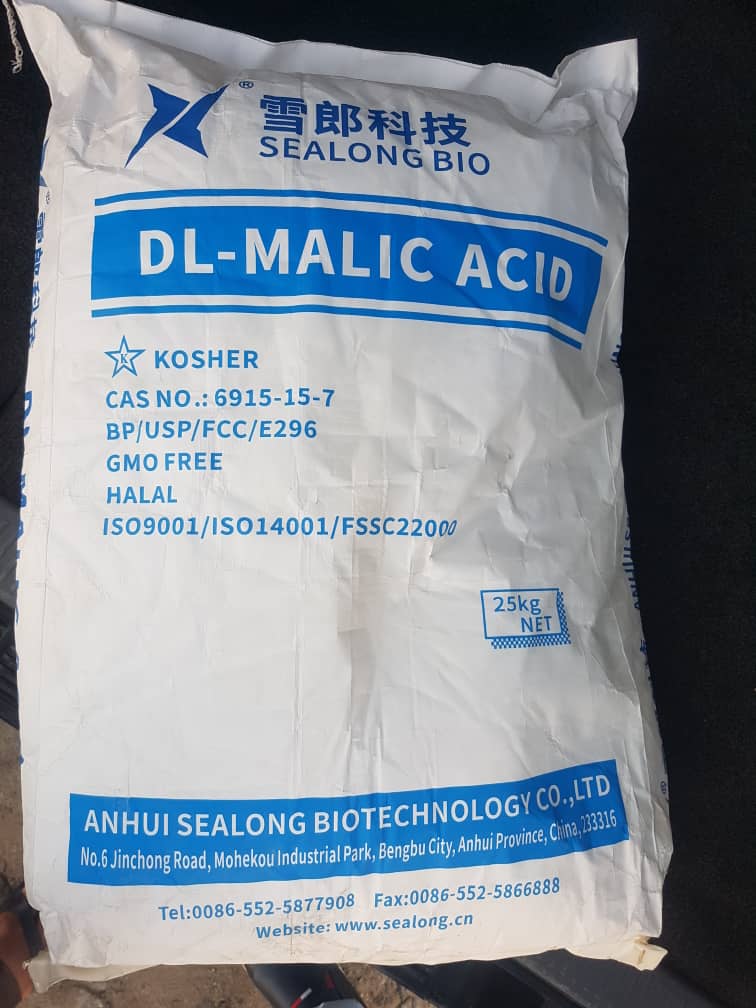
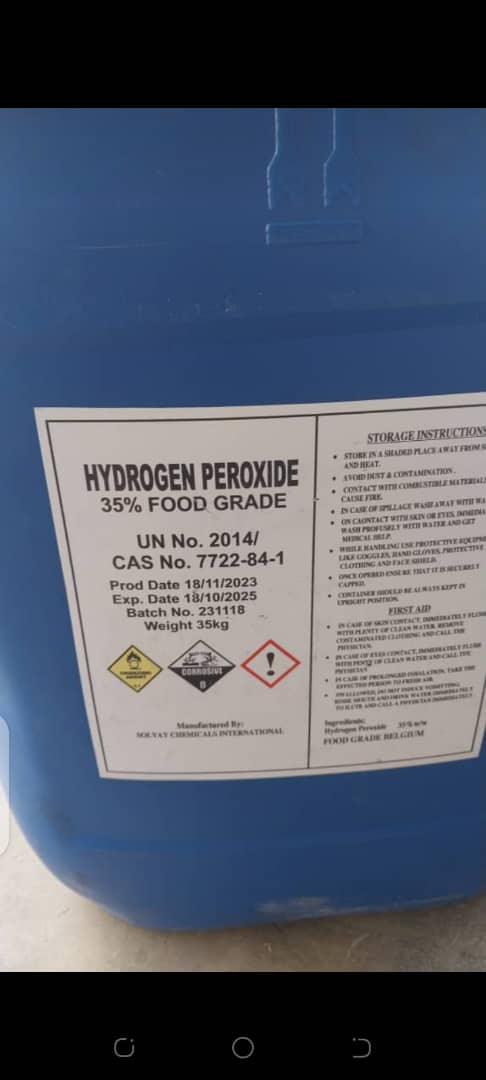
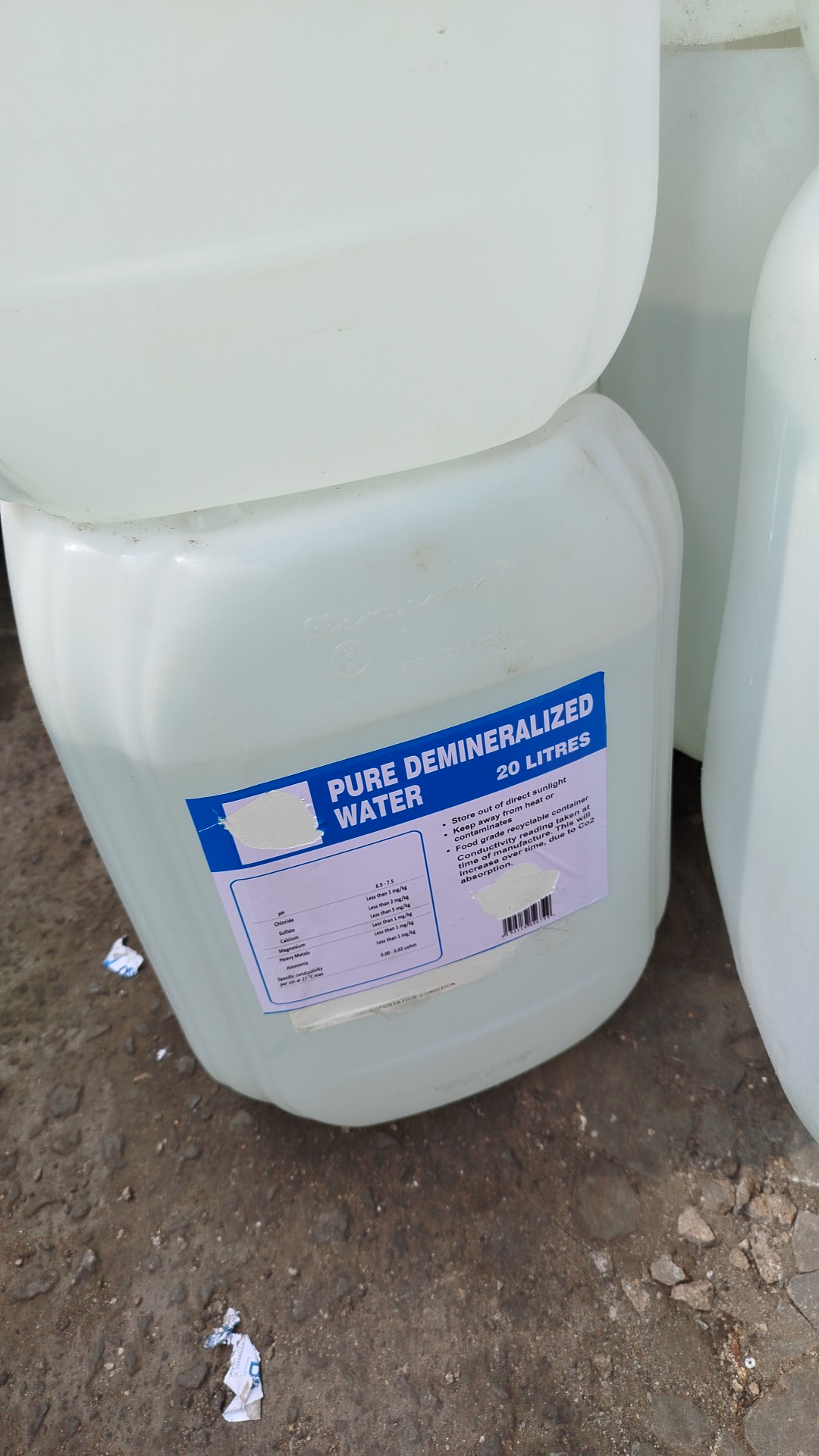

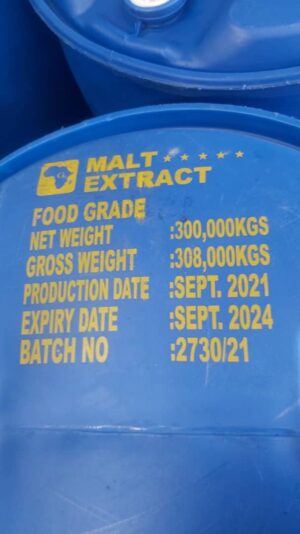
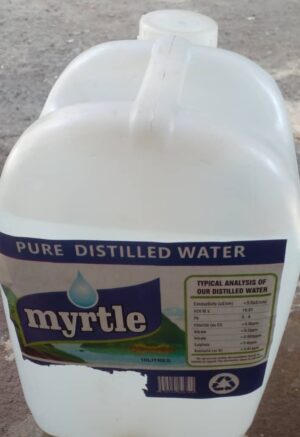
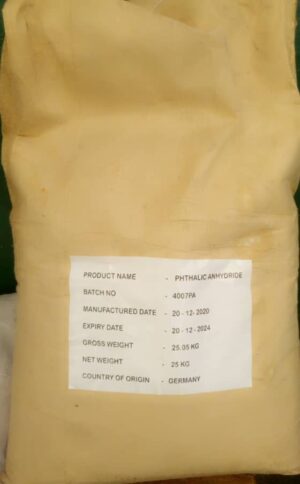
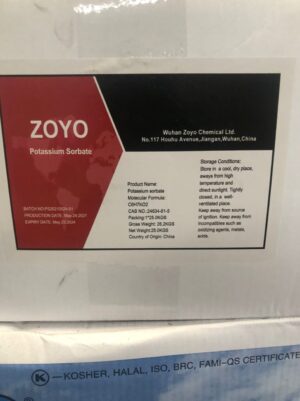

Reviews
There are no reviews yet.